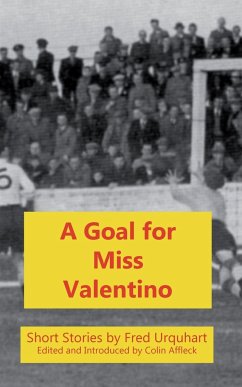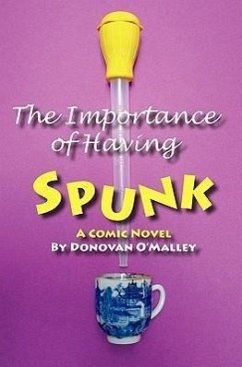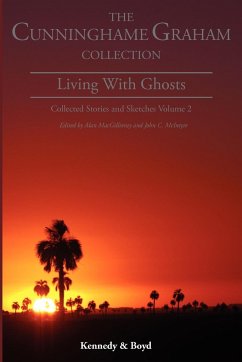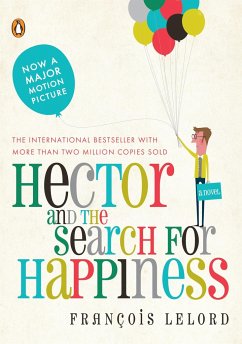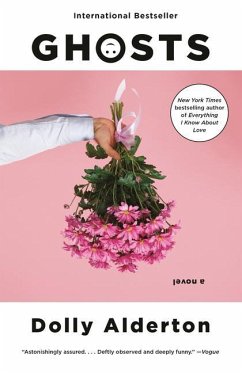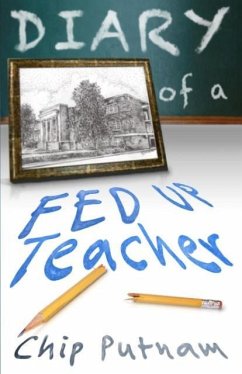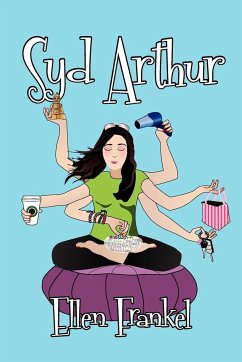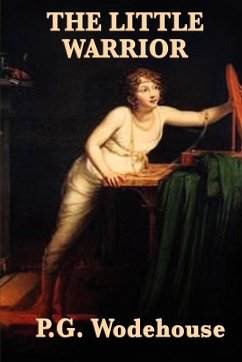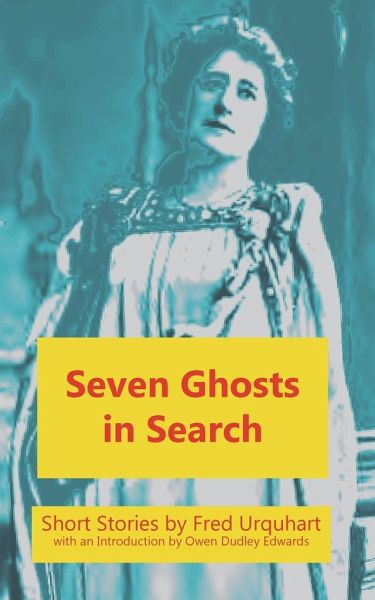
Seven Ghosts in Search
Versandkostenfrei!
Versandfertig in 1-2 Wochen
17,99 €
inkl. MwSt.

PAYBACK Punkte
9 °P sammeln!
Some of the best of Fred Urquhart's ghost stories are gathered in this volume. They include humorous and satirical tales, depicting an afterlife in which dispirited spirits, although perhaps unionised themselves, are oppressed by what they see as the banal horrors of modernity. Other stories, such as 'The Saracen's Stick' and 'Proud Lady in a Cage', convey a real sense of evil, often rooted in the genuine horrors of the historical past. The title story reflects Urquhart's lifelong interest in the theatre, economically telling the story of the great actress Ellen Terry through the reminiscences...
Some of the best of Fred Urquhart's ghost stories are gathered in this volume. They include humorous and satirical tales, depicting an afterlife in which dispirited spirits, although perhaps unionised themselves, are oppressed by what they see as the banal horrors of modernity. Other stories, such as 'The Saracen's Stick' and 'Proud Lady in a Cage', convey a real sense of evil, often rooted in the genuine horrors of the historical past. The title story reflects Urquhart's lifelong interest in the theatre, economically telling the story of the great actress Ellen Terry through the reminiscences of her ghost. Throughout he displays the great skill in characterisation and dialogue that he is noted for, and, as in all his work, his native Scotland is seldom far away.





